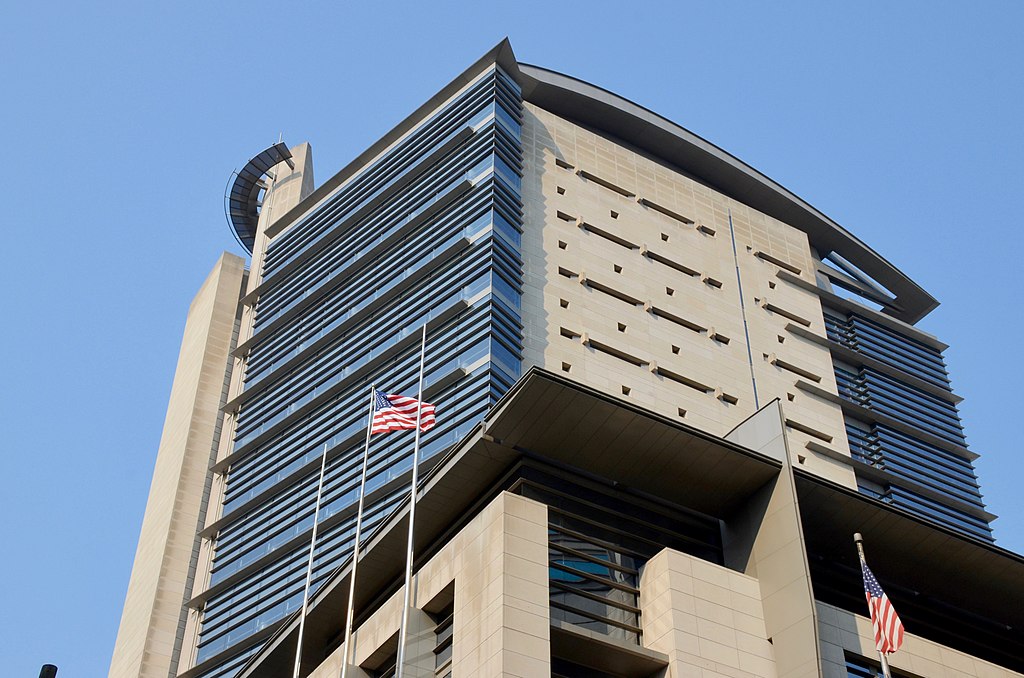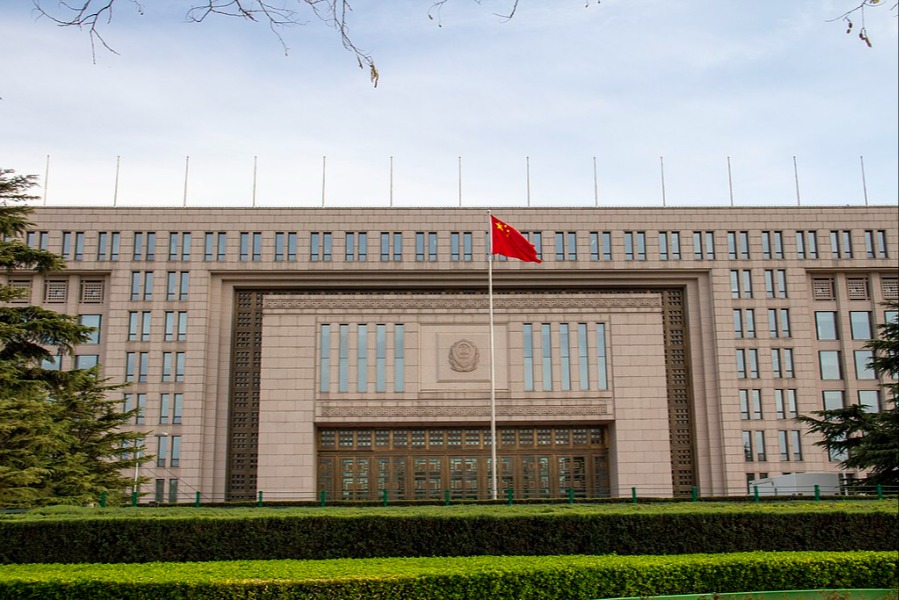Judge Issues Temporary Restraining Order Against Proclamation Barring Uninsured Immigrants
The decision highlighted key tensions between the ban on uninsured immigrants and existing law.

Published by The Lawfare Institute
in Cooperation With

On Nov. 2, Judge Michael H. Simon of the U.S. District Court for the District of Oregon issued a temporary restraining order (TRO) in Doe v. Trump against implementation of President Trump’s October proclamation barring otherwise qualified visa applicants from entry into the United States unless they are likely to obtain “approved health insurance” within 30 days of entry or can pay for their health care. (See my earlier analysis here.) The nationwide TRO will expire 28 days after its entry; the court will hear arguments on Nov. 22 on whether to issue a preliminary injunction against the uninsured immigrants’ ban.
The ban on the uninsured would bar any immigrant without an “approved” plan, which the proclamation defined as a plan not including a government subsidy—meaning that Obamacare recipients would be unable to sponsor otherwise qualifying relatives. The ban would have a major impact, barring the entry of spouses, adult children, parents and siblings of U.S. citizens who would otherwise be eligible for visas, as well as the spouses of lawful permanent residents (LPRs). It would not bar the admission of refugees or the minor children of U.S. citizens and LPRs. The ban would fall hardest on families in which the primary breadwinner works for a salary at or just above the minimum wage: People in this group often lack employer health insurance plans.
Simon’s decision was necessarily brief—as is often the case with decisions on emergency TRO requests—but highlighted key tensions between the ban on uninsured immigrants and existing law. The court noted that the most relevant provision of the Immigration and Nationality Act—8 U.S.C. § 1182(a)(4), barring the admission of a foreign national who is “likely … to become a public charge”—appears to adopt a “totality of the circumstances” test entailing consideration of a range of factors. Factors contributing to a finding that an immigrant is likely to become a public charge—someone largely dependent on government assistance—include “age”; “health”; “family status”; “assets, resources, and financial status”; and “education and skills.” Simon contrasted that multifactor inquiry with the uninsured ban’s categorical approach, which singles out one factor—lack of unsubsidized health insurance—as dispositive.
The court also noted evidence that Congress had considered and rejected a categorical approach like the one in the proclamation. In considering various immigration bills before enacting the Illegal Immigration Reform and Immigrant Responsibility Act in 1996, Congress rejected legislation that would have imposed a categorical test for the public charge provision. The rejected bill would have set receipt of 12 months of public assistance as the trigger for a finding that an immigrant was likely to become a public charge. Federal district courts in California, New York and Washington cited that evidence in issuing injunctions against the Department of Homeland Security’s new final rule on the public charge provision, which had deemed immigrants to be public charges if they had received certain benefits, including food stamps, for 12 out of the last 36 months.
That inconsistency may also figure in determining the degree of deference that the proclamation should receive. Under the Supreme Court’s Chevron test, courts will be more deferential if an agency policy is consistent over time. In the case of the immigration treatment of health insurance, the executive branch has issued two inconsistent views at the same time. Query whether a court should defer to a policy that reveals such stark divisions within the executive branch itself—here, between the president and a cabinet department tasked by Congress with interpreting the Immigration and Nationality Act.
In considering whether to issue a preliminary injunction in this case, Simon—with the benefit of full briefing from the parties—should distinguish the challenge to the ban on uninsured immigrants from the Supreme Court’s decision in Trump v. Hawaii, which displayed broad deference in upholding President Trump’s travel ban. Like the travel ban, the ban on uninsured immigrants relies on 8 U.S.C. § 1182(f), which authorizes the president to bar entry of foreign nationals “detrimental to the interests of the United States.” Unlike the travel ban, the ban on uninsured immigrants lacks even a colorable national security or foreign relations rationale. Extending Hawaii’s deference to the realm of immigrants’ health insurance would exceed any discernible endpoint to executive discretion. Hawaii should not be read that broadly.
The government may seek to stay Simon’s TRO at the U.S. Court of Appeals for the Ninth Circuit or the Supreme Court (see Stephen Vladeck’s paper on the government’s efforts to accelerate litigation at the Supreme Court). If any such efforts fail, Simon will have an opportunity to revisit this issue at the preliminary injunction hearing scheduled for later in November.





